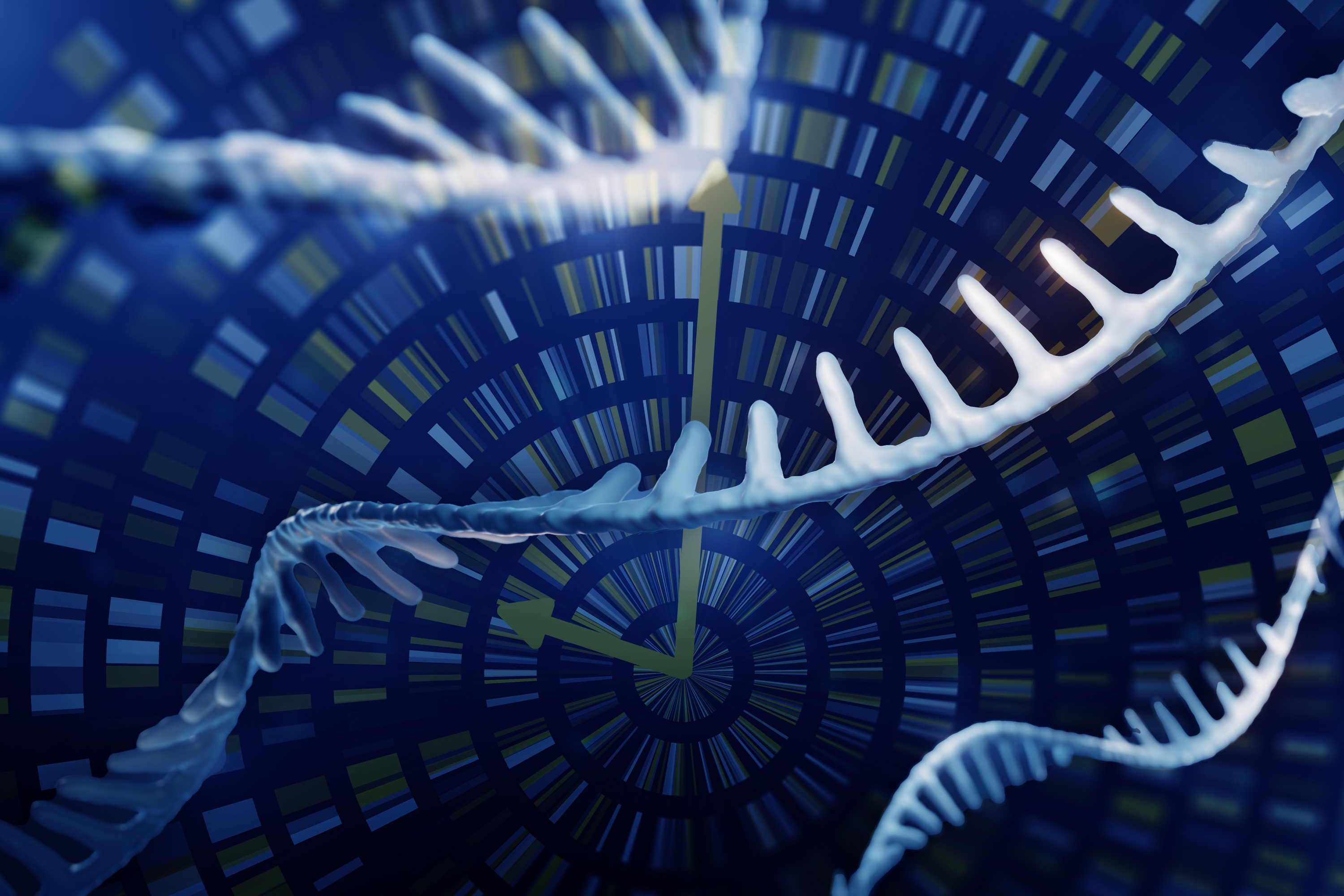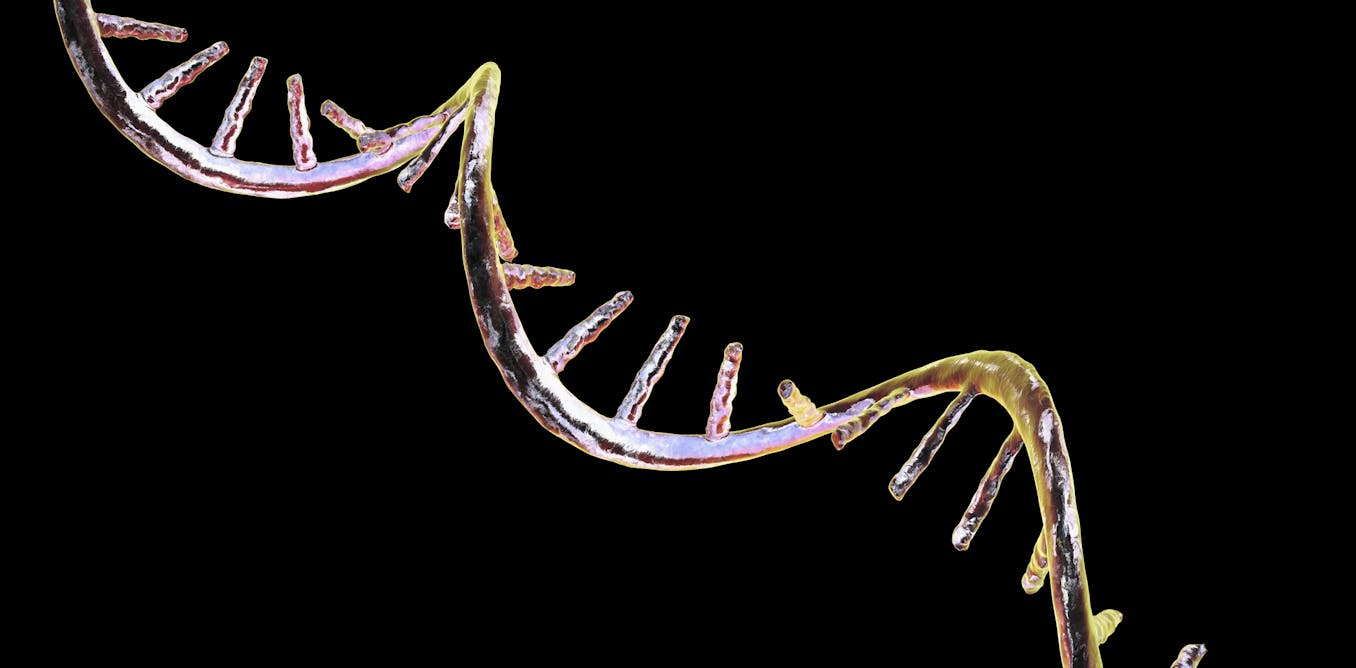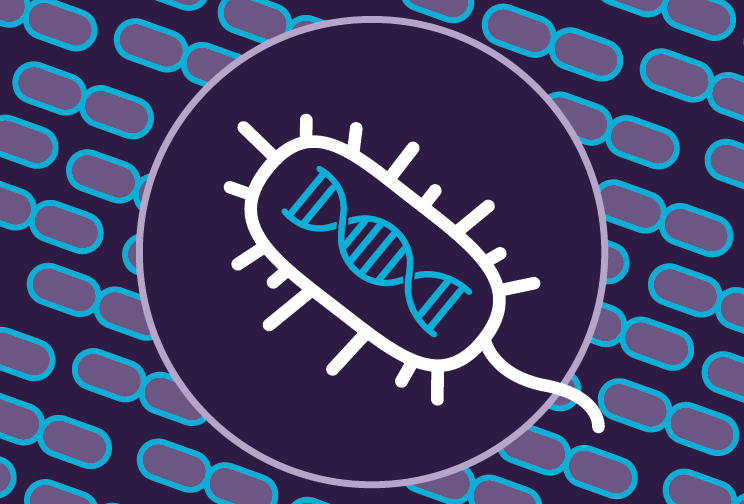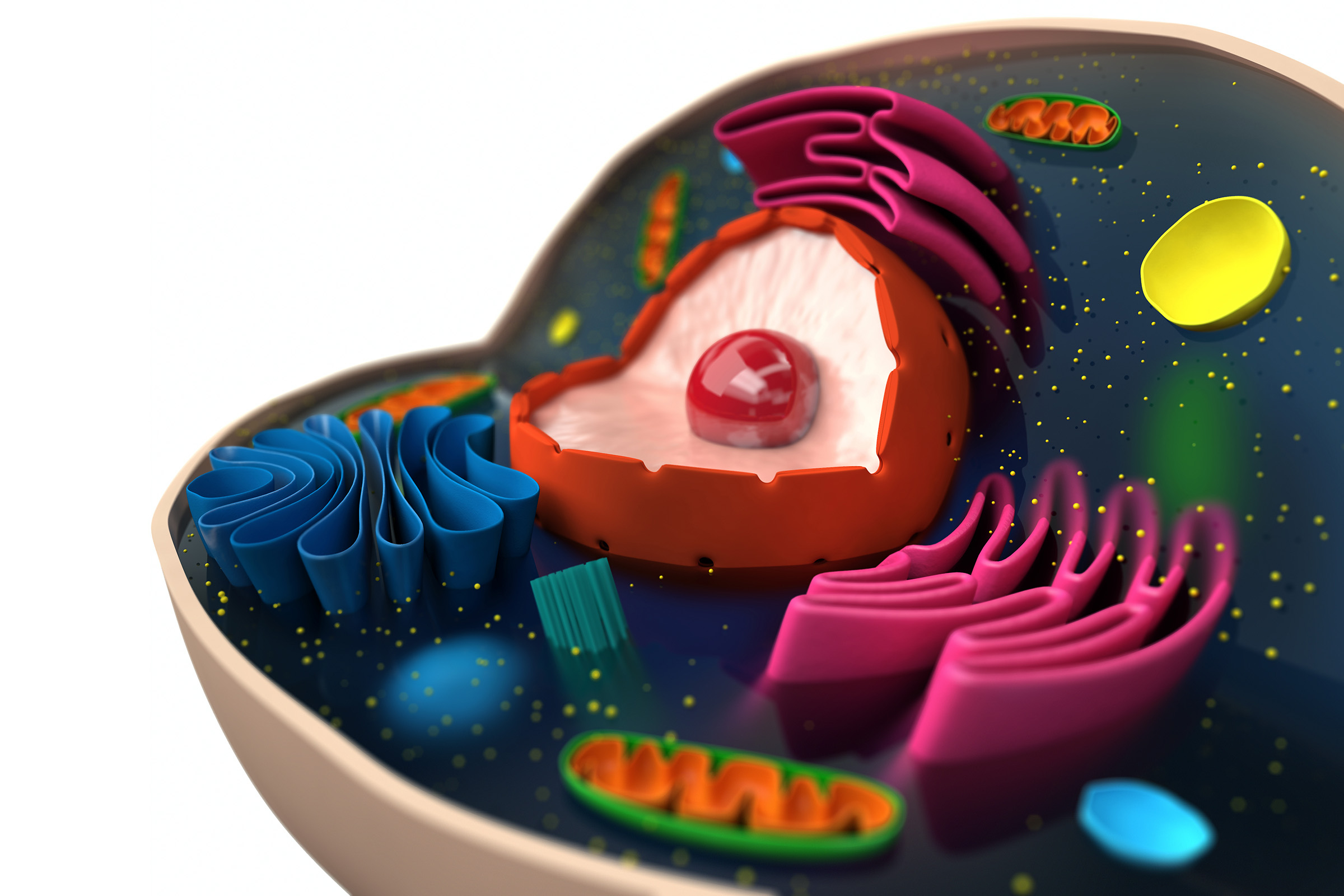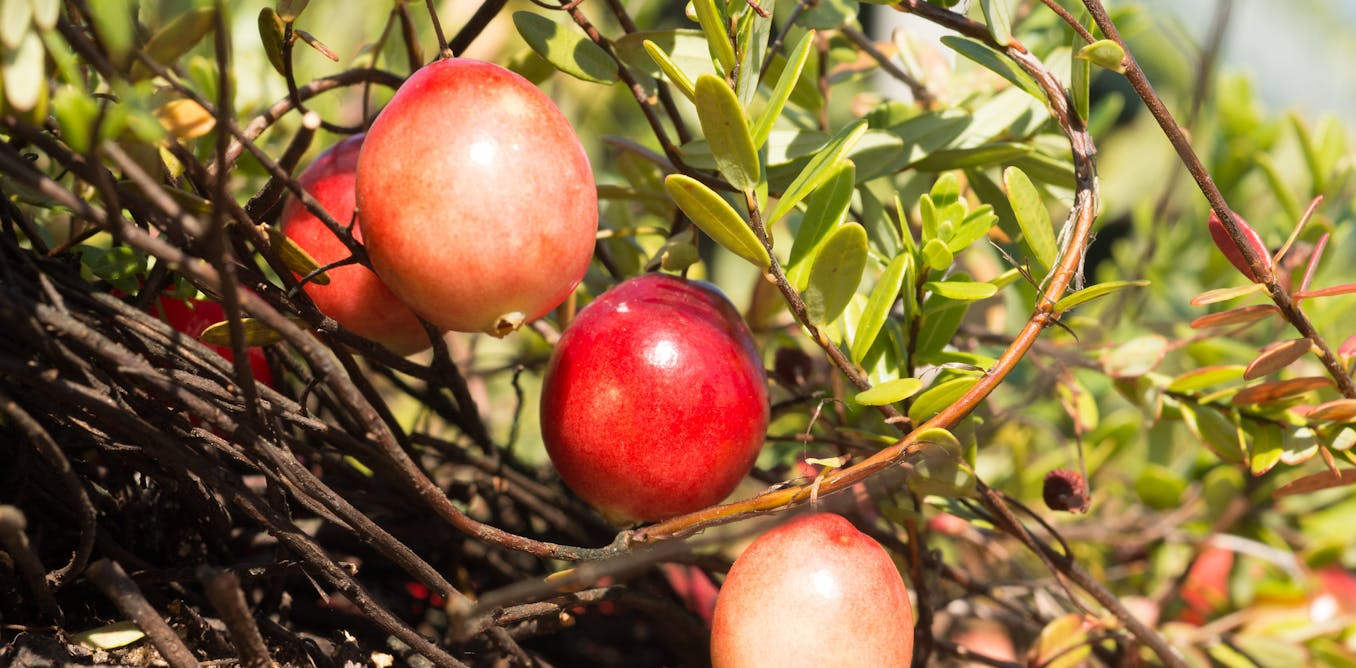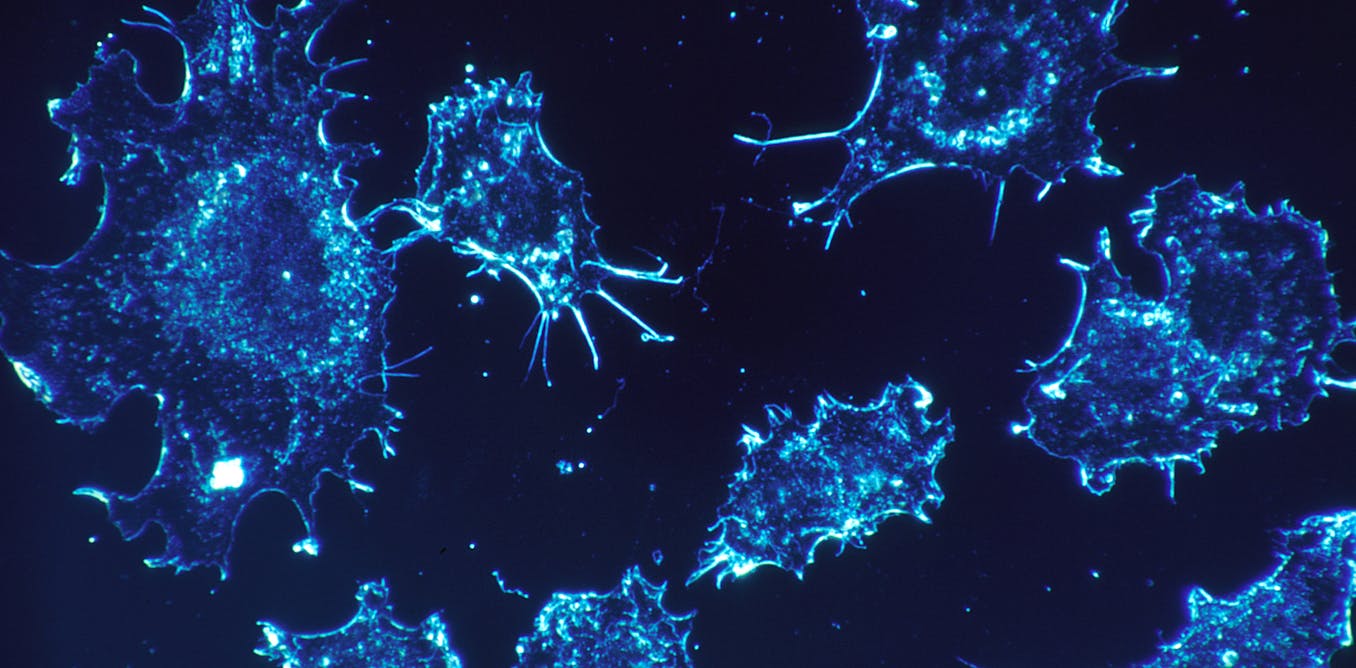DNA from stone age chewing gum sheds light on diet and disease in Scandinavia's ancient hunter-gatherers
Genetic analysis reveals one of the teenagers probably had advanced gum disease.
Jan. 18, 2024 • ~7 min
Why don't fruit bats get diabetes? New understanding of how they've adapted to a high-sugar diet could lead to treatments for people
Fruit bats can eat up to twice their body weight in fruit a day. But their genes and cells evolved to process all that sugar without any heath consequences − a feat drug developers can learn from.
Jan. 9, 2024 • ~7 min
Genetically modified crops aren't a solution to climate change, despite what the biotech industry says
Biotech firms are using climate goals opportunistically in an attempt to force through the deregulation of genetically modified crops.
Dec. 15, 2023 • ~8 min
MicroRNA is the master regulator of the genome − researchers are learning how to treat disease by harnessing the way it controls genes
When just one of the thousands of microRNAs in people go awry, it can cause diseases ranging from heart disease to cancer.
Nov. 29, 2023 • ~9 min
Search algorithm reveals nearly 200 new kinds of CRISPR systems
By analyzing bacterial data, researchers have discovered thousands of rare new CRISPR systems that have a range of functions and could enable gene editing, diagnostics, and more.
Nov. 23, 2023 • ~8 min
Cranberries can bounce, float and pollinate themselves: The saucy science of a Thanksgiving classic
Cranberries add color and acidity to Thanksgiving menus, but they also have many interesting botanical and genetic features.
Nov. 9, 2023 • ~9 min
Cancer has many faces − 5 counterintuitive ways scientists are approaching cancer research to improve treatment and prevention
From math to evolutionary game theory, looking at cancer through different lenses can offer further insights on how to approach treatment resistance, metastasis and health disparities.
Nov. 1, 2023 • ~11 min
/
48

